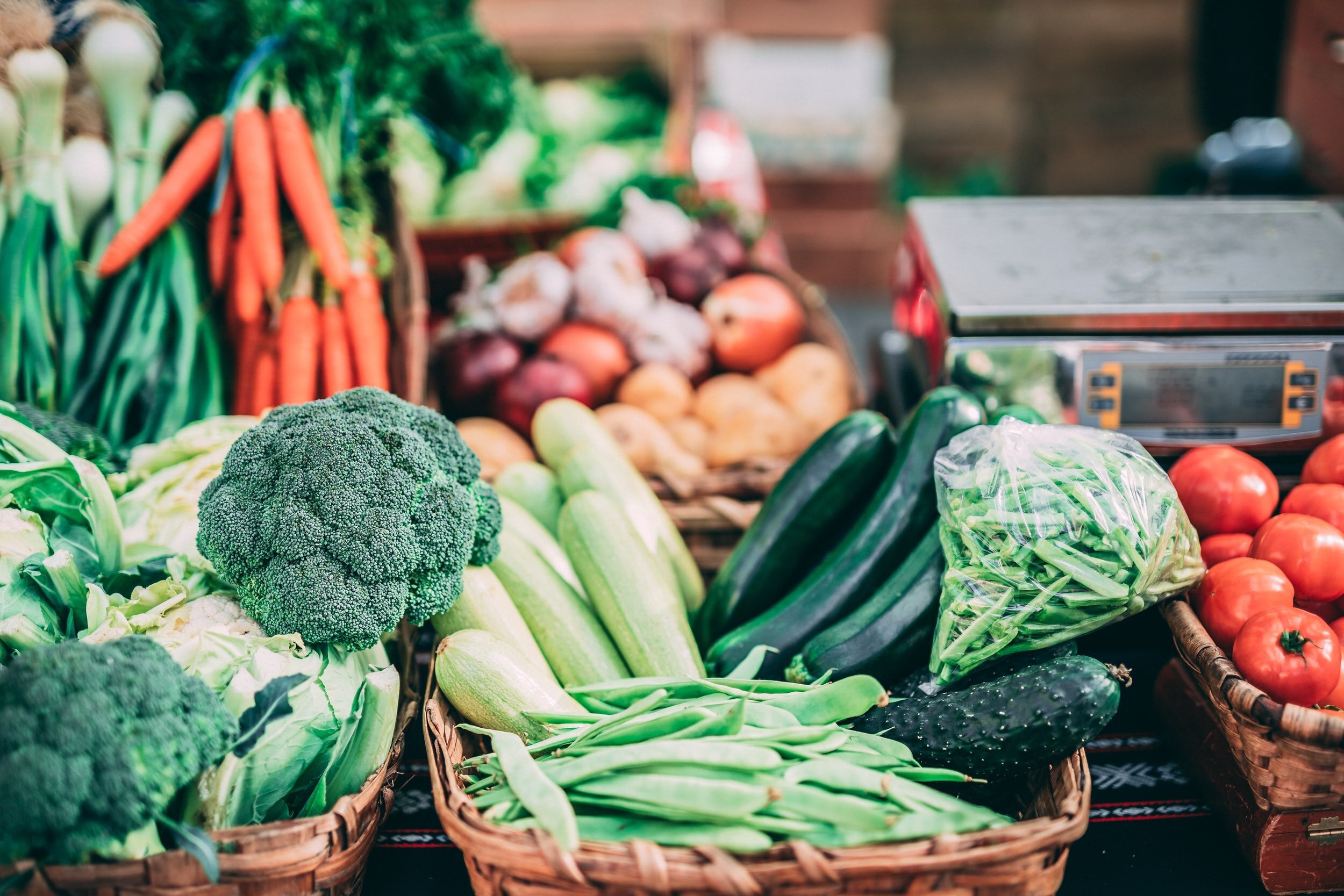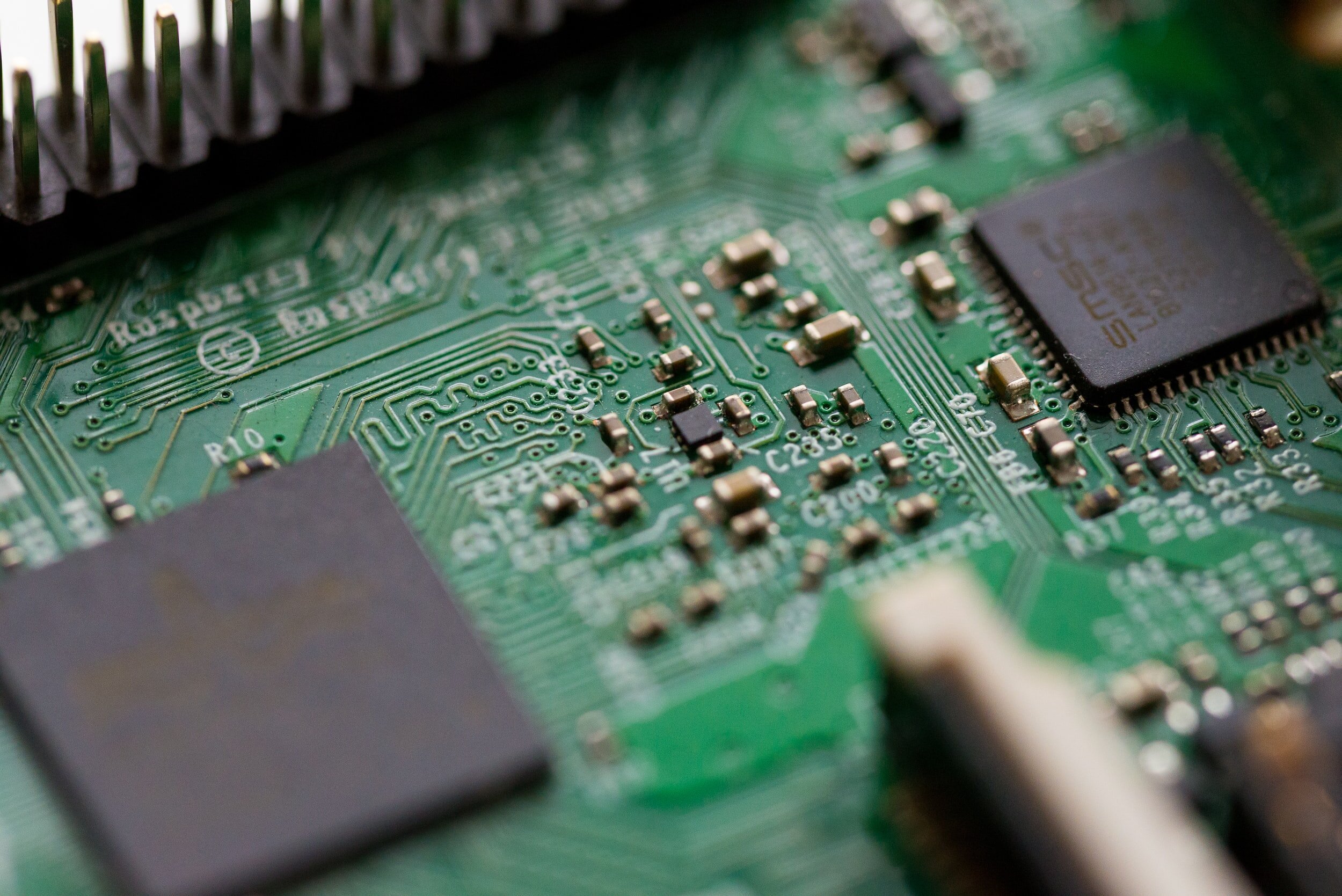Lake Ontario Area Recycling Resources
The state of recycling in Ontario
Though we are fortunate to have access to recycling programs in our local municipalities, recycling should not be the only waste reduction tool we use. The unfortunate truth is that only ~7% of the waste Ontarians produce is recycled through our Blue Box program. The remaining waste ends up in landfills, incinerators, or littered in our environment. This poor recycling statistic is a result of waste stream contamination, hard-to-recycle product packaging, confusing recycling rules, and a lack of accountability from the Industrial, Commercial and Institutional sectors, which produce two-thirds of Ontario’s waste.
This problem requires action from every level of government and business to solve, but as individuals, we have a role to play as well. We can all do our part to ensure we are recycling properly by following our local recycling rules.
Recycling is the last resort
Recycling alone will not fix our growing waste problem. There are other steps we can take to reduce our waste that we should exercise before relying on recycling. For other waste reduction strategies, consider the 5 R’s: refuse, reduce, reuse, recycle and rot.
Towards a Circular Economy
Our recycling system needs an overhaul, and fortunately, there are plans on the way to transition Ontario’s Blue Box program to an Extended Producer Responsibility (EPR) model.
Under this new model, producers will be responsible for the waste that they create. Companies that produce packaging will also be responsible for recycling it, which rightfully takes the burden off of the taxpayer and encourages innovation and smart design from businesses. The Ontario Government aims to transition the Blue Box to an EPR model in 2023. This is a step in the right direction towards a circular economy, but in the meantime, Ontarians need to continue to follow their municipality’s recycling guidelines.
But don’t worry if you’re not sure what exactly your local rules are, we’ve rounded up all of the recycling resources we could find in the Lake Ontario area and have listed them below.
The do’s & Don’ts of recycling
Do check with your municipal recycling guides if you’re unsure of whether something is recyclable
Do flatten cardboard
Do leave lids on items
Do rinse out any food remnants before recycling - dirty food packaging is not recyclable and can contaminate the waste stream
Don’t throw batteries or electronics in your Blue Bin - use an electronics recycling program instead!
Don’t recycle broken glass for the safety of recycling workers
Don’t “wish-cycle” - don’t recycle things you hope are recyclable, always check your local municipal recycling guidelines
Common Recycling Mistakes
Items that are commonly mistaken for being recyclable:
Coffee Cups
Did you know that most takeaway coffee cups contain a plastic lining to keep the cup heat-proof and leak-proof? Coffee cups are often mistakenly thrown in the recycling bin because people commonly think they are made only of paper. To set the record straight, plastic-lined coffee cups are not recyclable.
Black Plastics
Certain regions, including Toronto and York, do not accept black plastics, like takeout containers, into their recycling streams because the market for black plastic is small and it is costly for recycling facilities to sort.
Receipts
Here’s a tricky one. Thermal paper receipts are not recyclable because they are coated in BPA - a chemical used to produce some plastics and resins.
Styrofoam
Styrofoam is only recyclable in certain municipalities. Always check your local recycling rules before putting styrofoam in your blue bin.
Greasy Pizza Boxes
Many municipalities will not accept greasy pizza boxes in their recycling stream. Although, you can compost them through some municipal systems and through backyard composting. Always check with your local municipality’s rules if you’re unsure.
Shredded Paper
Shredded paper is recyclable, but municipalities have different rules on how to do so. Shredded paper usually needs to be kept separate from other recyclable items and labelled. Always check with your local municipality for specific recycling rules.
Toothpaste Tubes
Toothpaste tubes are not recyclable in most municipal systems because they contain a variety of different plastics. However, TerraCycle has an oral care recycling program that recycles toothpaste tubes. Or, consider switching to a plastic-free option!
Recycling Resources by Region
Durham Region
Including Oshawa, Clarington, Whitby, Ajax, and Pickering
Halton Region
Including Burlington, Oakville, Milton and Halton Hills
Hamilton
Including the City of Hamilton
Kingston
Including the City of Kingston
Niagara Region
Including Niagara Falls, Niagara-on-the-Lake, St. Catharines, Grimsby and Lincoln
Northumberland County
Including Cobourg, Port Hope, Grafton and Brighton
Peel Region
Including Mississauga, Brampton and Caledon
Toronto
Including Etobicoke, North York & Scarborough
Quinte Area
Including Belleville, Prince Edward County and Quinte West
York Region
Including Vaughan, Newmarket, Markham, Aurora and Richmond Hill
Non-Municipal Recycling Resources
Private organizations have taken it upon themselves to help us recycle things that our municipal systems can’t. Below are some local resources for those hard-to-recycle items:
Terracycle Canada
TerraCycle offers a wide range of free and paid recycling programs for hard to recycle items including pet food packaging, contact lenses, oral care waste, razors, office supplies, e-waste, and more!
Free Geek Toronto
Free Geek is a social enterprise that refurbishes and recycles used electronic items, like phones and computers and making them affordable for the community. Located in Toronto, you can drop off your used electronics for a good cause!
Staples
Staples stores across the country accept various items for recycling, including batteries, writing instruments, ink and toner cartridges, used mobile phones and more. Contact your local Staples store for details.
Apple Trade in
Trade in your used Apple device for a credit towards a new one. If the device is in good shape, they’ll sell it to a new owner. If it’s not, they’ll send it to a recycling centre to recover the resources inside.























